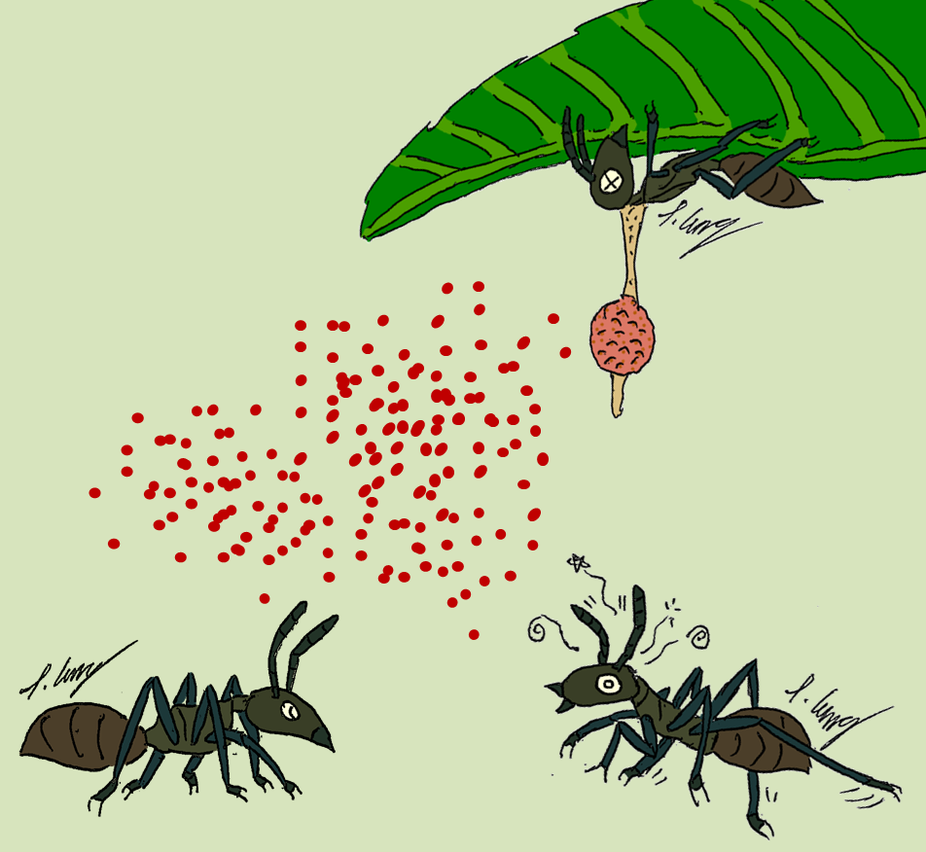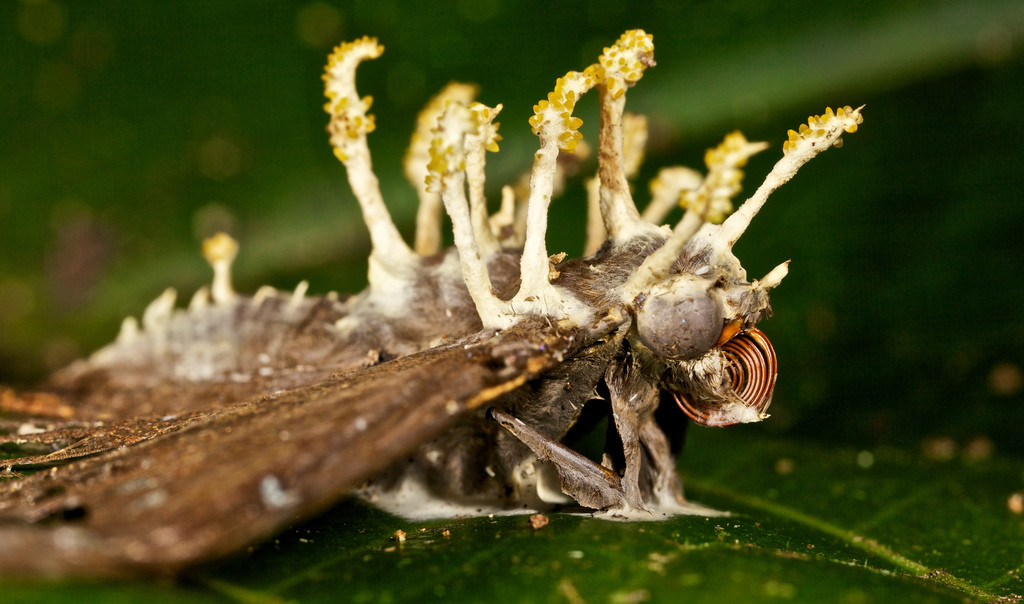In my world, modern humans are at war with elf-like humanoids who are harmed by the touch of iron and steel. So instead of modern tools they use bio-tech and elemental magic. The human army is trying to invade but one of the elves' defenses against invasion are swarms of attacking insects. The insects carry venom but their real weapons are the viruses they transmit to humans.
How would a human army prevent losing large numbers of its troops to insect-borne diseases?
Note: not all the insects carry the same viruses, but all the viruses, built by the elves, are deadly to humans and can spread quickly through the ranks of an invading army.
More information: the insects are a lot like mosquito as far as their form, but they attack in swarms of hundreds like Locusts or killer bees.
Human Technologies is about the same as ours.
Viruses: as I said earlier the insects carry several different viruses. This is done to prevent one simple vaccine from disarming your entire army. All the viruses are deadly and all the viruses spread quickly from person to person by touch. The elves do have airborne viruses, but they won't be using them at this stage of the invasion. Other than that there's nothing in common.





